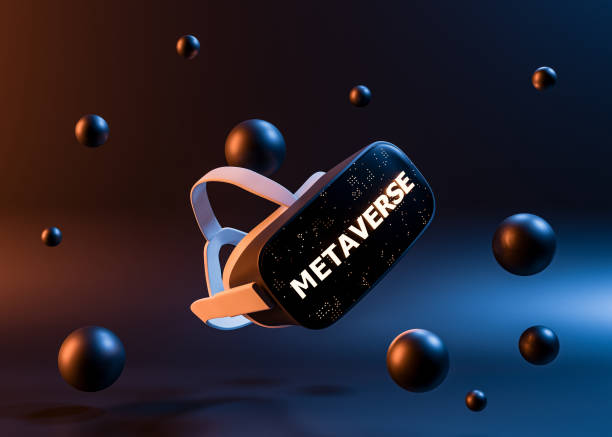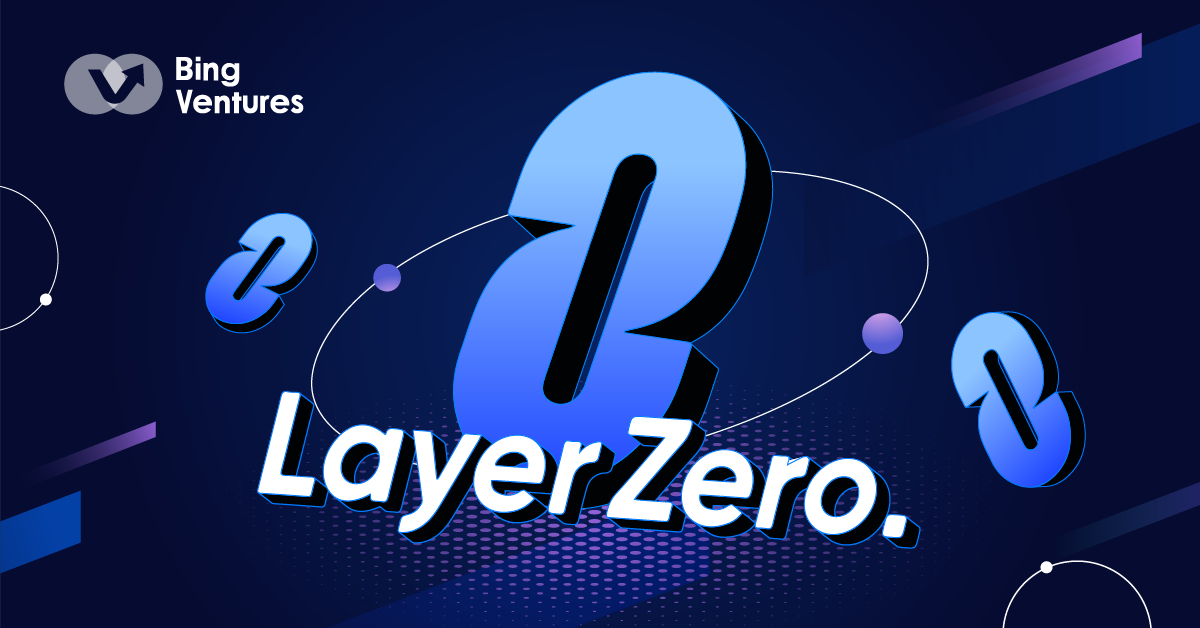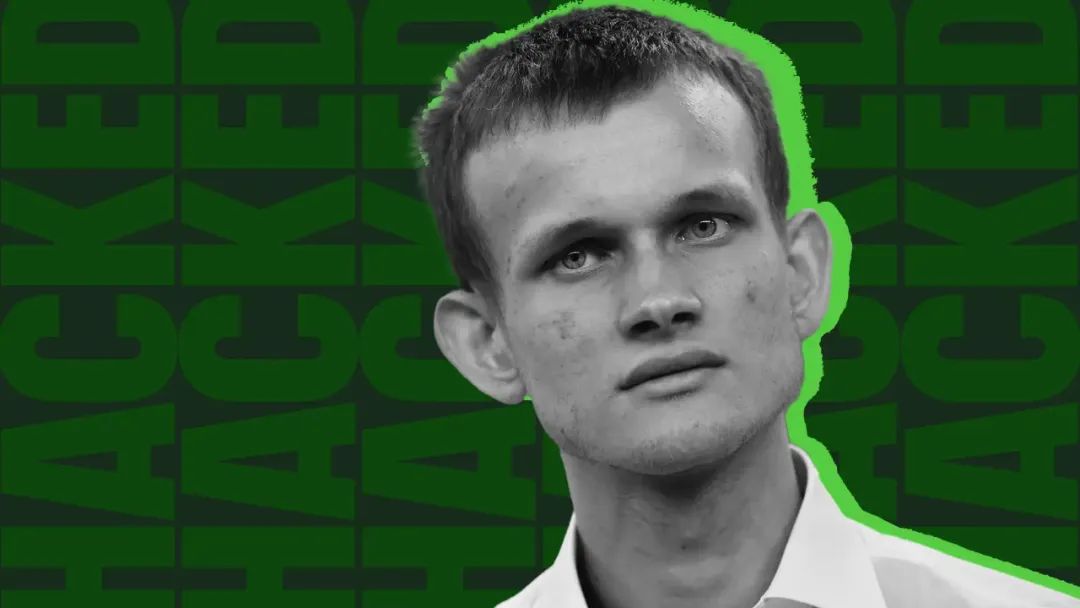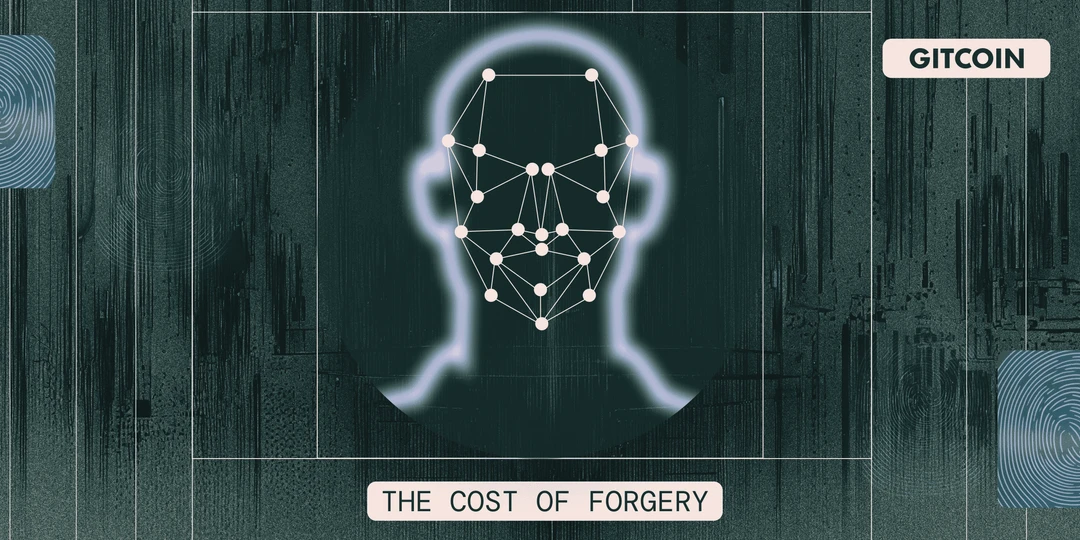Blockchain Application Case: Eliminating Hype
Original: Hackernoon , Author: Carl Lang, translation: CHAINEXT
Entrepreneurs and blockchain developers have also been able to use a variety of new fundraising methods over the past few years. As a result, many are considering other options, such as initial exchange products (IEO) and more strictly regulated securities token products (STO). For some companies, traditional fundraising through equity raising has also proven to be increasingly popular and sustainable.
Needless to say, the new blockchain companies now only have a dime. This is further evidenced by the fact that there are now more than 5,000 tokens available on the market. In 2017, that number was close to 2,000.
Despite turbulent market conditions, blockchain entrepreneurs have overcome regulatory uncertainty and a constantly changing market and continue to build decentralized services, products and technologies.
- Viewpoint | Cheng Xiaoming, "Godfather of the New Three Boards": What are the pain points of enterprises that can be solved by blockchain "chain reform"
- What can a blockchain do for various companies?
- Blockchain changes production relations? Big data is not ready to serve as a means of production
Noisy landscape full of hope
Although there are numerous blockchain-based projects, it looks like the industry is booming and has promising new risks, but unfortunately this is not the case. Similar to the traditional startup ecosystem, many blockchain companies are struggling to attract and maintain a healthy user base, and have been abandoned in just a few months.
A Deloitte report entitled "The Evolution of Blockchain Technology: Insights from the GitHub Platform" states that by the end of 2017, approximately 92% of open source blockchain projects had been abandoned by the end of 2017. In addition, the U.S. Securities and Exchange Commission (SEC), a regulatory agency such as U.S. securities dealers, has noticed an increasing trend in malicious activity surrounding blockchain fundraising. The SEC has stopped and sued dozens of blockchain startups for allegedly misleading investors, misappropriating public funds and selling unregistered securities.
Because of these factors, investor uncertainty based on token raises has never been higher. Many projects, even those launched in 2020, lack a clear vision and practicality. This makes the entire crypto and blockchain asset class less attractive to investors and early adopters than it was a few years ago. As with any emerging asset class, education and trust are critical to gaining new interest.
One way to do this is to live up to the industry's core beliefs about decentralization. For example, a small class of tokens has been launched from foundations that serve as centers of innovation and often community-driven institutions. One example is the Telos Foundation, which promotes the Telos blockchain and network, which helps connect target-driven people and resources. The foundation is a non-profit organization.Unlike most blockchains, it does not have any voting rights or a large reserve of tokens, but rather benefits the chain and contributors.
The foundation's role is to act as a marketing department and help promote adoption through education and outreach. By lowering the barriers to entry and making technology relevant to the mass market, the foundation will ultimately help solve the biggest challenges of blockchain.
It should also be noted that there are still many vertical industries and industries, and the potential of the blockchain is quietly gaining momentum. In the following sections of this article, we will take a closer look at which sectors are likely to suffer massive damage due to this technology.
Media and Entertainment
Centralized media and distribution platforms such as YouTube are increasingly getting into controversy, from opaque profit-making practices to changing, less-than-ideal recommendation algorithms.
Blockchain aims to address these and many other issues by providing a more decentralized and democratic approach to the entertainment industry. Similar to the way tokens eliminate the need for banks and financial institutions, blockchain-capable media platforms provide content creators and entertainers with a platform without intermediaries and third parties.
Naturally, this increases transparency, which in turn increases the compensation that artists receive. A recent report found that the blockchain-backed entertainment industry is expected to reach $ 1.5 billion by 2024, including Disney, Audius (supported by Kleiner Perkins), and FilmChain.
Other forms of media, including journalism, will also benefit greatly from the technology. Currently, most news organizations rely on advertisers for funding, which sometimes leads to conflicts of interest.
However, with blockchain, platforms like "Brave Browser" are providing a new revenue model that is reliable, efficient, and more aggressive than modern advertising. This has attracted more than 10 million active users for Brave.
health care
Healthcare is another inefficient and ambiguous industry. In addition to improving transparency by reducing the number of intermediaries, blockchain can also disrupt the industry by increasing the degree of automation.
Smart contracts are a relatively new technology that can execute programmable contracts without human intervention, and it can revolutionize many aspects of the healthcare supply chain, such as reporting and
Deloitte highlighted the potential of blockchain to disrupt healthcare in this recent report, which points out how the industry can benefit from blockchain.
For example, insurance providers can benefit from smart contracts that will eventually make tasks such as claims management, underwriting, and policy issuance more trivial.
The industry currently relies heavily on paper records, and the blockchain can be completely replaced with a secure and unchanged digital ledger. This means that records will be more organized, secure and accessible.
Interconnectedness
As freedom of speech becomes an increasingly important consideration in many countries around the world, blockchain and tokens can help decentralize communications. On the one hand, Bitcoin has been widely praised for its censorship resistance. In other words, the data on the blockchain is permanently etched. Anyone can read them, but cannot modify them.
Security and convenience are other aspects of communication that can be improved by this technology. On the one hand, Aloha is a blockchain-based project designed to help its users profit from mobile data that they have never used by sharing bandwidth with the people around them. In exchange for their backup data, Aloha awarded these user loyalty tokens.
Aloha tokens can be redeemed for other currencies or products and services later on the partner platform. In this way, Aloha not only solves the problem of blockchain adoption, but also solves the problem of Internet penetration. As we can see, convenience is a key aspect of applying blockchain in the real world, and arguably the most important requirement for users.
in conclusion
Although we explored three industries that could prove blockchain disruptive, this list is far from exhaustive. Similar to other emerging technologies, decentralization and blockchain technology will have a profound positive impact in almost every major area. Although it is too early to tell which applications will lead to mass adoption, the number of companies with millions of users continues to increase, suggesting that the blockchain is likely to continue to exist.
We will continue to update Blocking; if you have any questions or suggestions, please contact us!
Was this article helpful?
93 out of 132 found this helpful
Related articles
- How does blockchain help security on the tip of the tongue?
- Interview | Weizhong Bank Blockchain Security Scientist: Strictly adhere to the privacy data red line, business innovation compliance
- Research | Blockchain opens a new chapter in health
- Solana completes Dutch auction, raises $ 1.76 million
- Blockchain application goes to the next city Shanghai court pilots blockchain technology
- How to invest in half? Where do companies go public? Where is the capital? Blockchain First Trader Decrypts For You | Babbitt Industry Lesson
- Smart contract backdoor unveiled: It's not just hackers who steal money, the "one-click coin" platform has hidden backdoors






